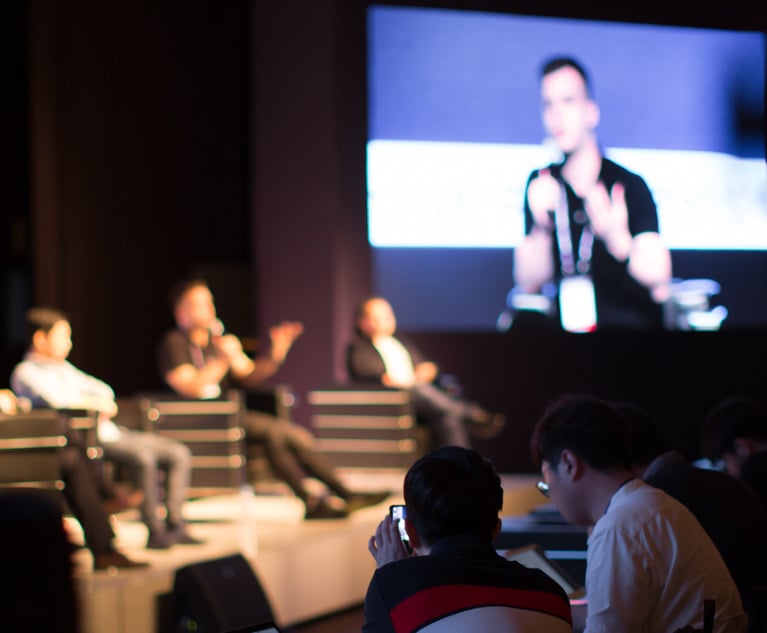A computer scientist is asking the U.S. Supreme Court to extend copyright protection to works created entirely by artificial intelligence in one of the first cases to reach the justices about the revolutionary technology.
- November 01, 2025Jimmy Hoover
AI-assisted artwork poses a simple question: When can an artist using AI tools copyright their work? Early this year, the Copyright Office addressed this issue and rejected the proposition that only prompting an AI model can create a copyrightable work. But their analysis missed that “randomness” for a computer means something entirely different than we generally think, ultimately underselling the amount of control someone can have over the model’s output.
October 31, 2025Dallas CireCopyright Law Year in Review, Dec. 11, 2025
October 31, 2025Entertainment Law & Finance StaffA computer scientist is asking the U.S. Supreme Court to extend copyright protection to works created entirely by artificial intelligence in one of the first cases to reach the justices about the revolutionary technology.
October 31, 2025Jimmy HooverThe U.S. Supreme Court is set to commence its term on October 6. Among the cases it will review are several appeals concerning copyright and trademark law. One notable case seeks to address procedural inconsistencies and claims of unconstitutional vagueness attributed to the U.S. Court of Appeals for the Federal Circuit.
October 02, 2025Howard Shire and Di’Vennci LucasA federal judge in the Northern District of California granted preliminary approval to a $1.5 billion settlement between Anthropic and a class of book authors who alleged that the artificial intelligence company used their copyrighted works to train its chatbot Claude without their consent. The settlement is the largest copyright settlement of all time, covering 482,460 works and paying authors slightly more than $3,000 per work infringed.
September 30, 2025Michael GennaroA new lawsuit against Perplexity AI claims responses generated by the artificial intelligence platform violate the trademarks of Encyclopaedia Britannica and Merriam-Webster by attributing false information to their widely esteemed brands. The complaint alleges Perplexity’s generative AI “answer engine” violates the plaintiffs’ copyrights and also cites them as sources of false or incomplete information.
September 30, 2025Michelle MorganteA federal judge in the Northern District of California granted preliminary approval on September 25 to a $1.5 billion settlement between Anthropic and a class of authors who alleged that the artificial intelligence company used their copyrighted works to train its chatbot Claude without their consent. The settlement is the largest copyright settlement of all time, covering 482,460 works and paying authors slightly more than $3,000 per work infringed.
September 30, 2025Michael GennaroHow are copyright holders to prove their works were used to train AI models if the details about the vast data sets used for such training are kept secret? That’s a dilemma that surfaced in late August when a federal judge dismissed a claim of direct infringement raised by a group of authors.
August 31, 2025Michelle MorganteHow are copyright holders to prove their works were used to train AI models if the details about the vast data sets used for such training are kept secret? That dilemma surfaced when a California federal judge recently dismissed a claim of direct infringement raised by a group of authors.
August 31, 2025Michelle Morgante











